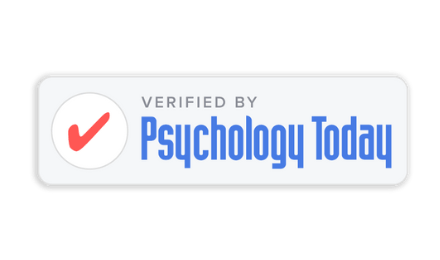Work-related stress and anxiety have become increasingly prevalent in today’s fast-paced and demanding professional landscape. If you find yourself experiencing persistent anxiety symptoms, it’s natural to wonder if your job is a contributing factor. In this blog post, we will explore the connection between work and anxiety, signs that your job may be causing anxiety, and steps you can take to address the issue.
1. Recognizing the Signs of Work-Related Anxiety
Anxiety related to your job can manifest in various ways. Some common signs that your job may be causing anxiety include:
- Heightened Stress Levels: If you consistently feel overwhelmed, under intense pressure, or unable to cope with the demands of your job, it may be a sign of work-related anxiety.
- Physical Symptoms: Experiencing physical symptoms such as headaches, stomachaches, muscle tension, or insomnia that seem to be linked to your work environment or responsibilities.
- Constant Worry: Persistent worry or rumination about work-related matters, even outside of work hours, can indicate that your job is contributing to anxiety.
- Emotional Distress: Feeling irritable, moody, or on edge in relation to work, and experiencing feelings of sadness, frustration, or hopelessness about your job.
- Impaired Concentration: Difficulty focusing, making decisions, or remembering things due to preoccupation with work-related concerns.
2. Work Factors Contributing to Anxiety
Several work-related factors can contribute to anxiety. These may include:
- High Workload: Excessive work demands, unrealistic expectations, and unmanageable deadlines can generate stress and anxiety.
- Lack of Control: Feeling a lack of control over your work, decisions, or work environment can lead to a sense of helplessness and anxiety.
- Poor Work-Life Balance: When work encroaches on personal life, leaving little time for relaxation, self-care, or pursuing meaningful activities, it can fuel anxiety.
- Work Environment: A toxic work environment characterized by poor communication, conflicts, or a lack of support can significantly impact mental well-being.
- Job Insecurity: Uncertainty about job stability, the fear of layoffs, or concerns about career advancement can provoke anxiety.
3. Taking Steps to Address Work-Related Anxiety
If you suspect that your job is causing anxiety, there are proactive steps you can take:
- Self-reflection: Reflect on your work environment, job responsibilities, and how they contribute to your anxiety. Identifying specific triggers can help you address them more effectively.
- Open Communication: Discuss your concerns with a trusted supervisor, human resources, or a mentor at work. They may be able to offer support, reasonable adjustments, or suggest resources to help manage anxiety.
- Seek Professional Help: Consider seeking guidance from a mental health professional who specializes in work-related stress and anxiety. They can provide strategies and coping mechanisms tailored to your specific situation.
- Practice Self-Care: Prioritize self-care activities outside of work to promote relaxation, stress reduction, and overall well-being. Engage in activities you enjoy, such as exercise, hobbies, or spending time with loved ones.
- Set Boundaries: Establish clear boundaries between work and personal life to prevent work from consuming your entire being. Create designated times for rest, relaxation, and pursuing personal interests.
Conclusion
Work-related anxiety is a common experience in today’s fast-paced and demanding world. If you suspect that your job is contributing to your anxiety symptoms, it’s important to recognize the signs and take proactive steps to address the issue. By identifying work-related factors that may be causing anxiety, seeking support, practicing self-care, and establishing healthy boundaries, you can create a more balanced and fulfilling work-life experience. Remember, you have the power to prioritize your well-being and create a healthier relationship with your job.








